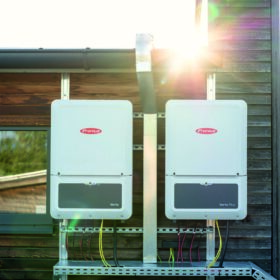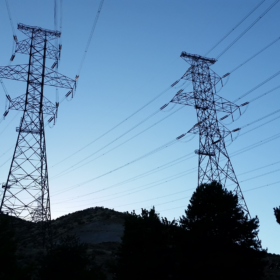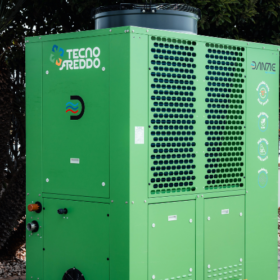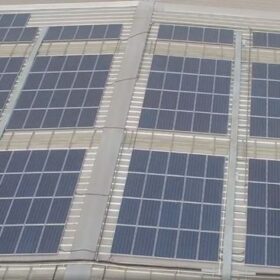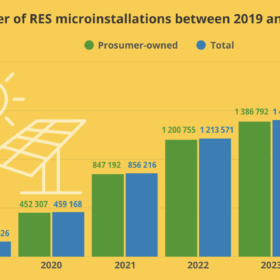European renewables PPA market hit 19 GW in 2024, says Wood Mackenzie
Wood Mackenzie says Europe’s power purchase agreement (PPA) market was dominated by solar and wind deals in 2024, with an increase in battery-linked contracts as buyers looked to hedge against negative pricing periods.
Fronius launches hybrid inverters for residential, commercial applications
The Austrian manufacturer said its new hybrid inverters can increase the usable output of the PV system to up to 150%. They are available in six version with rated AC power ranging from 15 kW to 33.3 kW.
Belgian grid operator warns of PV overproduction, curtailment in spring
Belgian grid operator Elia says that rapid solar fleet growth is driving earlier seasonal overproduction peaks, raising curtailment risks this spring. It plans to expand flexibility measures to stabilize the high-voltage network.
Key takeaways from SolarEx Istanbul
The 17th edition of SolarEx Istanbul, which took place from April 10 to April 12, was the largest to date. As Turkey’s solar deployment increases, there was discussion on how to manage future installations, develop untapped domestic markets, and secure future investments.
Frascold, Tecnofreddo present high-temperature propane heat pump
Conceived for industrial applications, the Danae heat pump system is available in 10 versions with cooling capacities ranging from 22.1 kW to 156.9 kW and heating capacities spanning from 24.8 kW and 181.6 kW.
Who are the solar and wind champions?
In a new monthly column for pv magazine, the International Solar Energy Society (ISES) reveals that Sweden, Australia, Netherlands, Germany and Denmark are the leading countries for per capita solar and wind generation capacity. Furthermore, it explains that global solar capacity has been doubling every 3 years, and wind every 6 years, whereas fossil and nuclear capacity and generation have been almost static in recent years.
India set to hit 30 GW of rooftop PV capacity in fiscal 2027
India’s installed rooftop solar capacity will reach 25 GW to 30 GW by fiscal 2027 from 17 GW in fiscal 2025, according to CareEdge Advisory & Research.
Sungrow launches fully integrated C&I battery
With a fully integrated power conversion system (PCS), battery management system (BMS), and energy management system (EMS), PowerStack 255CS aims to streamline energy storage operations while reducing installation complexity.
Poland’s micro-solar growth slows slightly in 2024
Poland’s micro-scale solar sector grew to 1.5 million systems and 12.7 GW in 2024, with slower growth in both new installations and energy exports, according to the country’s energy regulator.
Glint Solar unveils software for early-stage BESS projects
The Norwegian PV planning software company has released a new product for prospecting, analysis, and design of battery energy storage system (BESS) projects at the early stage.

